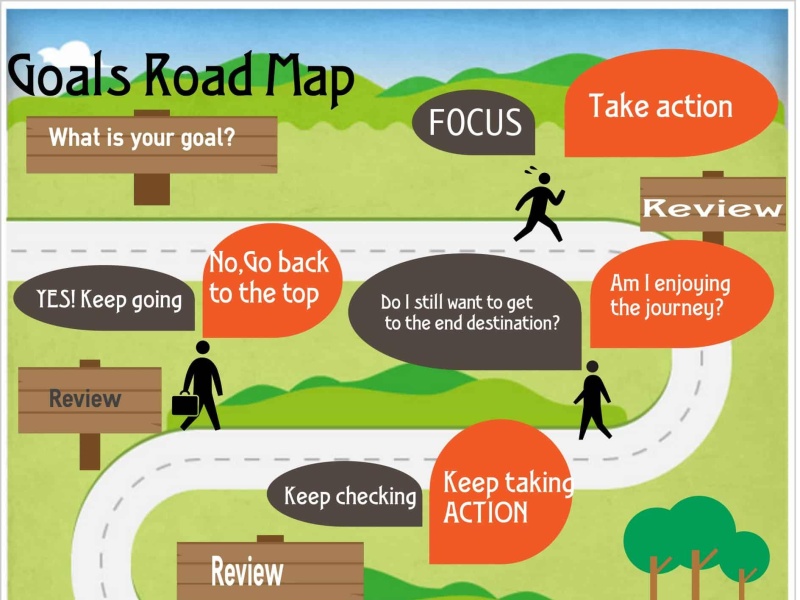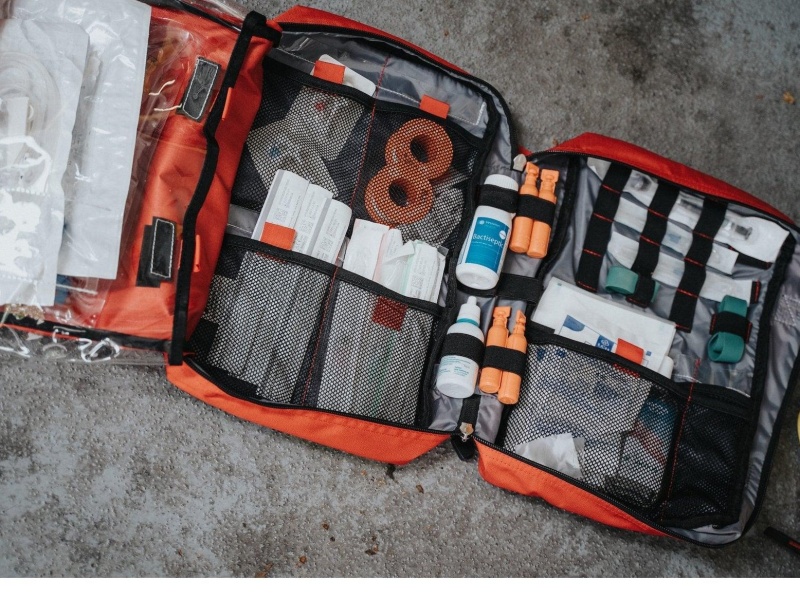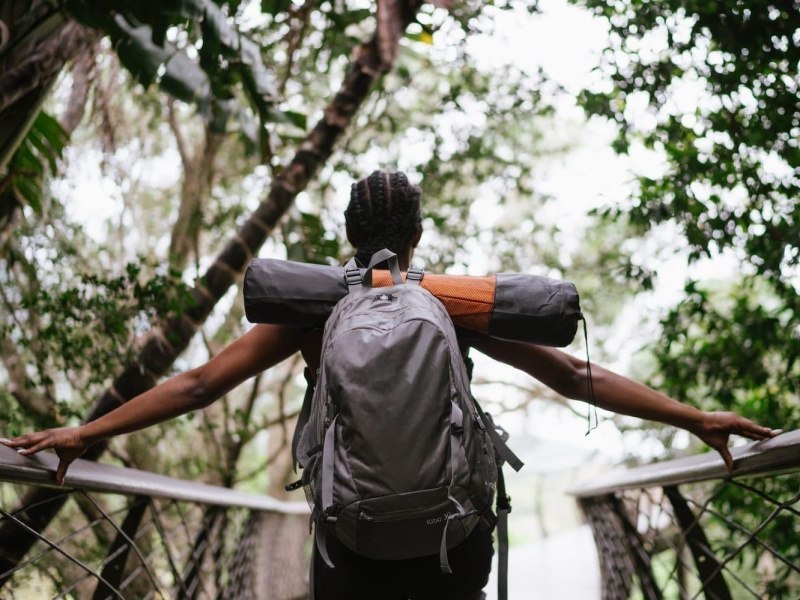Introduction: Why Snacks Matter on the Trail
Backpacking is an exhilarating way to explore the great outdoors, but it also demands a lot of energy. Whether you're hiking through rugged terrain or setting up camp after a long day, your body needs fuel to keep going. That's where snacks come in. The right snacks can make or break your adventure, providing the energy and nutrients you need to stay strong and focused. In this article, we'll explore the best backpacking snacks to keep you energized on the trail, ensuring you're always ready for the next challenge.
1. The Importance of Caloric Density

When you're backpacking, every ounce counts. You need snacks that pack a lot of calories into a small, lightweight package. Caloric density is the key to maximizing energy without overloading your pack. Foods like nuts, seeds, and dried fruits are excellent choices because they provide a high number of calories relative to their weight. For example, a handful of almonds can give you a quick energy boost without taking up much space in your bag. Similarly, energy bars and trail mix are designed to be compact yet calorie-rich, making them ideal for long hikes.
2. Quick Energy: The Role of Carbohydrates
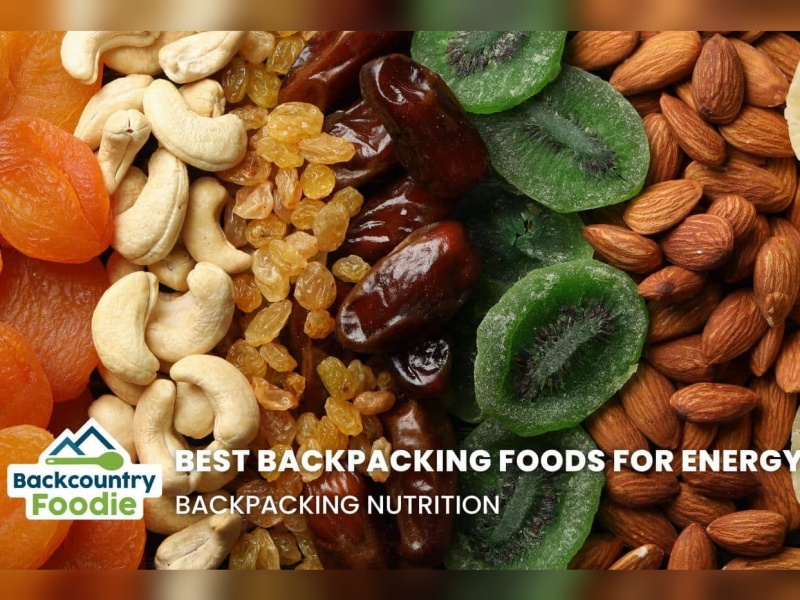
Carbohydrates are your body's preferred source of quick energy, making them essential for backpacking. Snacks like granola bars, dried fruit, and crackers are rich in carbs and can provide an immediate energy boost when you need it most. These foods are also easy to digest, so you won't feel sluggish after eating them. For a more natural option, consider fresh fruits like bananas or apples, which are not only high in carbs but also provide essential vitamins and minerals. Just be mindful of their weight and perishability when packing.
3. Sustained Energy: The Power of Protein
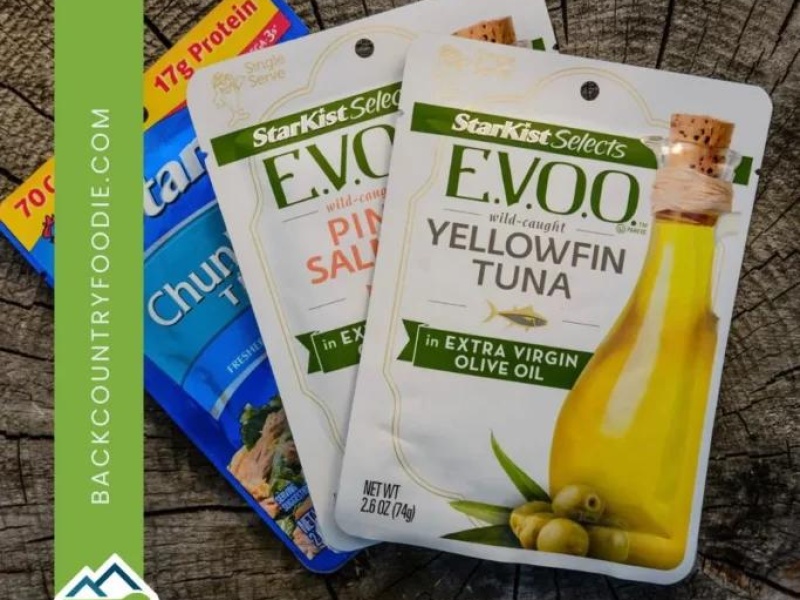
While carbs are great for quick energy, protein is essential for sustained energy and muscle repair. Snacks like jerky, nuts, and protein bars are excellent sources of protein that can help you stay energized throughout the day. Protein takes longer to digest than carbs, so it provides a more gradual release of energy. This is particularly important on long hikes or multi-day trips where you need to maintain your energy levels over an extended period. Additionally, protein-rich snacks can help prevent muscle soreness and fatigue, keeping you feeling strong and ready for the next leg of your journey.
4. Hydration and Electrolytes: Don't Forget the Fluids
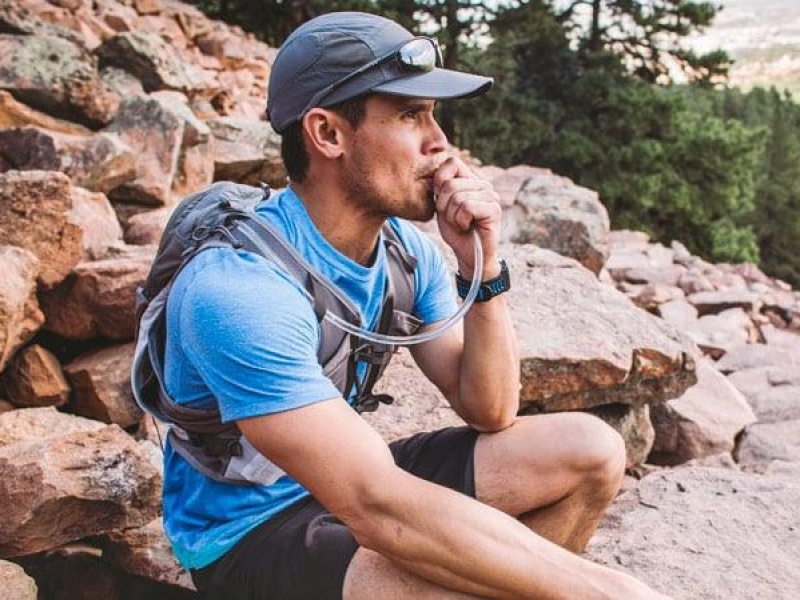
Staying hydrated is just as important as eating the right snacks. Dehydration can lead to fatigue, headaches, and even more serious health issues. While water is essential, it's also important to replenish electrolytes, especially if you're sweating a lot. Snacks like electrolyte chews, coconut water, and even salty snacks like pretzels can help maintain your electrolyte balance. Additionally, consider packing a hydration mix or tablets that you can add to your water for an extra boost of electrolytes. Remember, staying hydrated will help you get the most out of your snacks and keep you feeling your best on the trail.
5. The Convenience Factor: Easy-to-Pack Snacks
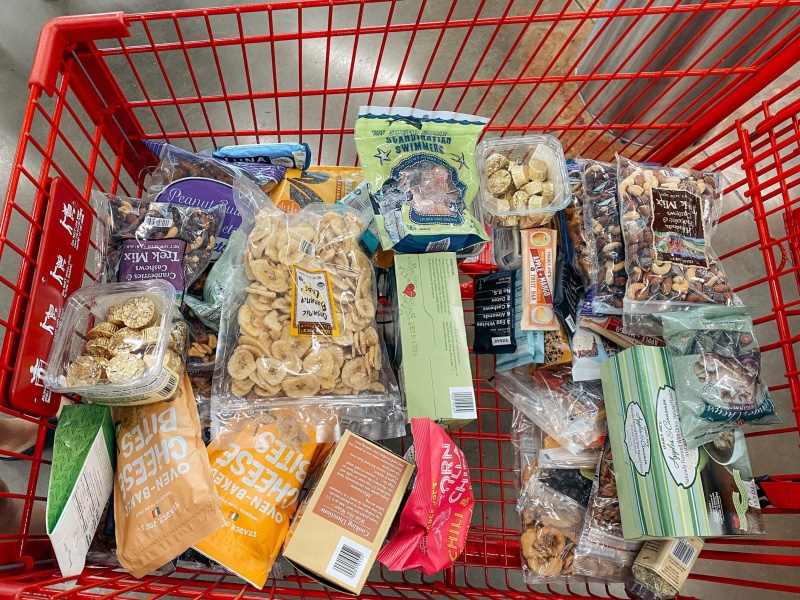
When you're out on the trail, convenience is key. You want snacks that are easy to pack, easy to eat, and require minimal preparation. Pre-packaged snacks like energy bars, nuts, and dried fruit are great options because they're lightweight, non-perishable, and easy to grab on the go. If you prefer something a bit more substantial, consider pre-made sandwiches or wraps that can be easily stored in your pack. The goal is to minimize the time and effort spent on food preparation so you can focus on enjoying your adventure.
6. Sweet vs. Savory: Balancing Your Cravings
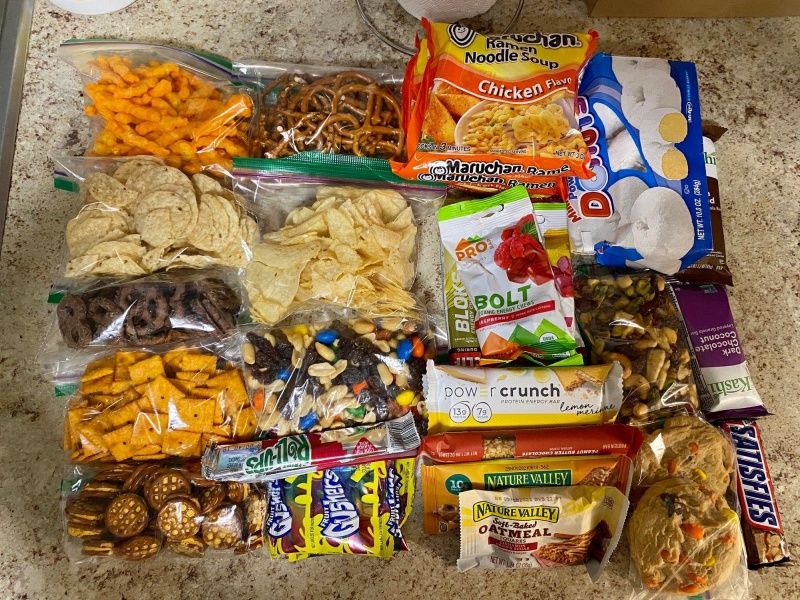
When it comes to snacks, everyone has their preferences. Some people crave sweet treats, while others prefer savory options. The key is to find a balance that keeps you satisfied and energized. Sweet snacks like chocolate, dried fruit, and energy gels can provide a quick sugar boost, while savory options like jerky, nuts, and crackers offer a more sustained energy release. Consider packing a mix of both to cater to your cravings and keep your energy levels stable throughout the day. Variety is not only the spice of life but also the key to a successful backpacking trip.
7. DIY Snacks: Making Your Own Trail Mix
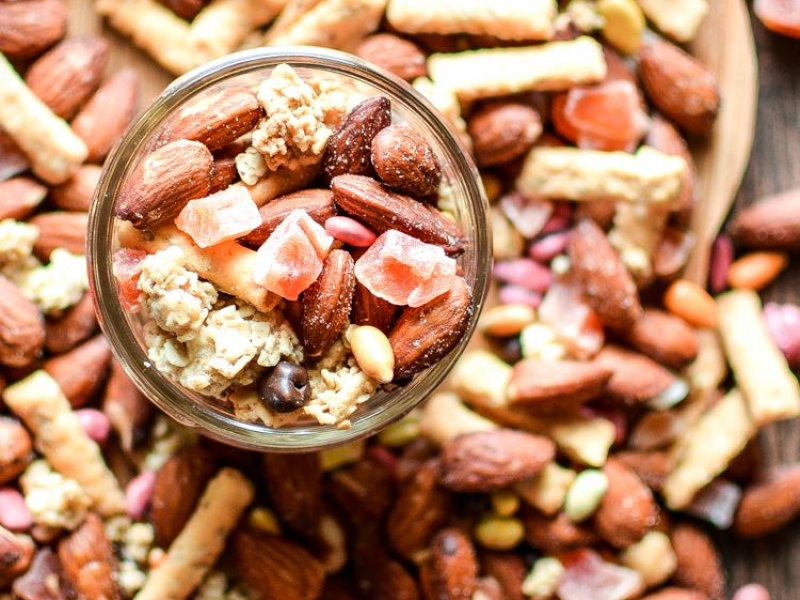
One of the best ways to ensure you have the perfect snacks for your backpacking trip is to make your own trail mix. This allows you to customize the ingredients to suit your taste and nutritional needs. Start with a base of nuts and seeds for protein and healthy fats, then add dried fruit for a touch of sweetness and quick energy. You can also include other ingredients like dark chocolate chips, coconut flakes, or even a sprinkle of spices for added flavor. Making your own trail mix not only ensures you have a snack you love but also allows you to control the quality and freshness of the ingredients.
8. Special Considerations: Dietary Restrictions and Allergies

If you have dietary restrictions or allergies, finding the right backpacking snacks can be a bit more challenging. However, there are plenty of options available that cater to specific dietary needs. For example, gluten-free energy bars, nut-free trail mixes, and vegan jerky are all great alternatives. It's important to read labels carefully and, if necessary, prepare your own snacks to ensure they meet your dietary requirements. Don't let dietary restrictions hold you back from enjoying your backpacking adventure—there are plenty of delicious and nutritious options out there.
9. Snack Storage: Keeping Your Food Fresh and Safe
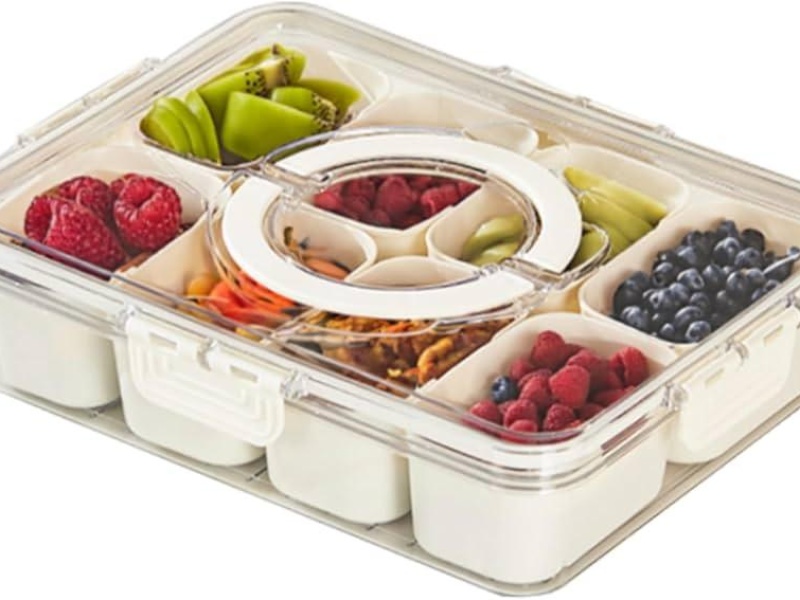
Proper storage is crucial when it comes to backpacking snacks. You want to keep your food fresh, safe from pests, and easy to access. Use resealable bags or airtight containers to store your snacks, and consider using a bear canister or hanging your food if you're in bear country. It's also a good idea to pack snacks in smaller portions so you can easily grab what you need without exposing the rest of your food to the elements. Proper storage not only keeps your snacks fresh but also ensures you have a steady supply of energy throughout your trip.
10. Final Thoughts: Snacking Smart on the Trail
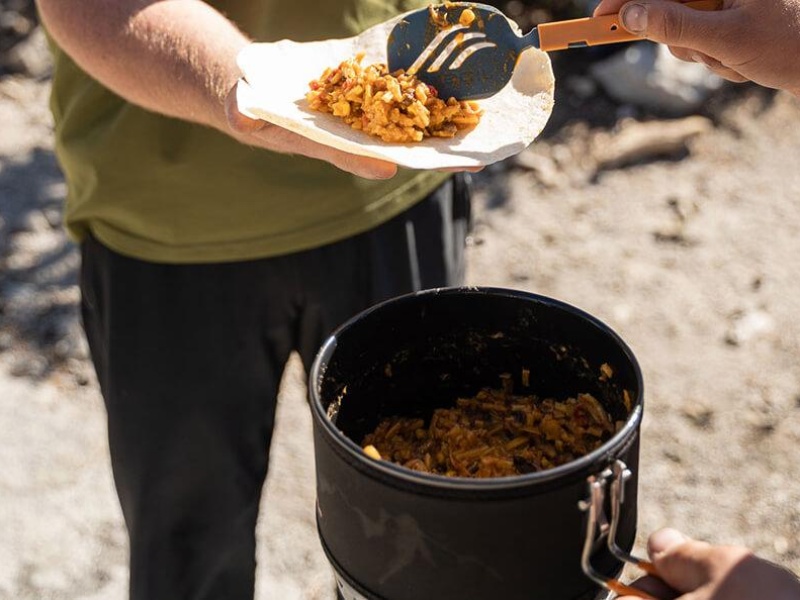
Backpacking is a physically demanding activity that requires careful planning, especially when it comes to food. The right snacks can make all the difference, providing the energy and nutrients you need to tackle the trail with confidence. By focusing on caloric density, balancing carbs and protein, and considering factors like convenience and dietary restrictions, you can create a snack plan that keeps you energized and satisfied throughout your adventure. Remember, the key to successful backpacking is preparation, so take the time to plan your snacks and enjoy the journey.
Key Takeaways
1. Choose snacks that are high in caloric density to maximize energy without overloading your pack.
2. Balance quick-energy carbs with sustained-energy protein to keep your energy levels stable.
3. Stay hydrated and replenish electrolytes to get the most out of your snacks.
4. Opt for convenient, easy-to-pack snacks that require minimal preparation.
5. Consider dietary restrictions and allergies when selecting snacks, and don't be afraid to make your own trail mix.
Frequently Asked Questions
Q: How many snacks should I pack for a day of backpacking?
A: It depends on the length and intensity of your hike, but a good rule of thumb is to pack at least 200-300 calories of snacks per hour of hiking.
Q: Are there any snacks I should avoid while backpacking?
A: Avoid snacks that are high in sugar but low in nutrients, as they can cause energy crashes. Also, steer clear of perishable items unless you have a way to keep them fresh.
Q: Can I bring fresh fruit on a backpacking trip?
A: Yes, but be mindful of the weight and perishability. Dried fruit is often a more practical option for longer trips.
